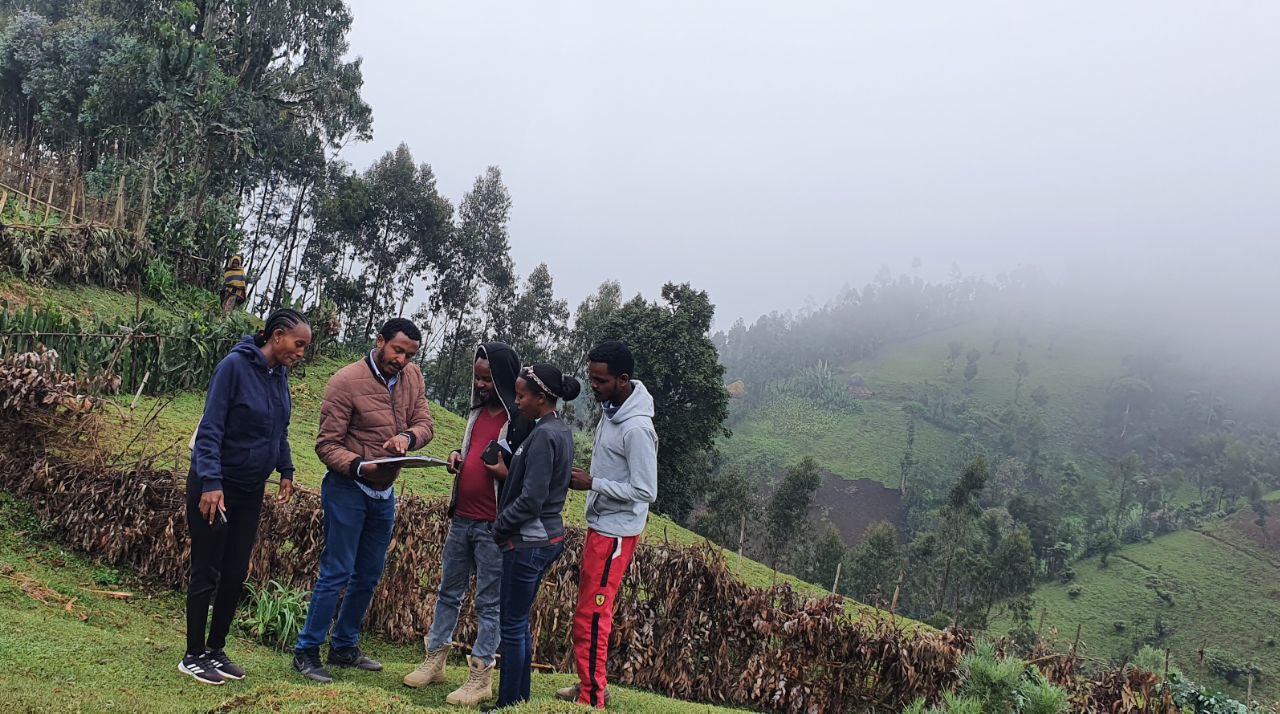Ethiopian Peace Index: Unveiling the path to lasting peace and resilience in Ethiopia

Addis Ababa, 27 June 2023 – The Ministry of Peace of the Federal Democratic Republic of Ethiopia and Interpeace, in collaboration with the Centre for Sustainable Peace and Democratic Development (SeeD) and ABCON, today launched the pilot Ethiopian Peace Index (EPI) in Sidama, the Southern Nations, Nationalities, and Peoples Region (SNNPR), and the South West Ethiopian Peoples Region (SWEPR). The EPI is a research initiative that offers a unique tool to understand the state of peace and resilience in Ethiopia, with further analysis on the complexities of conflict and peacebuilding. It also operationalized a new approach to bottom-up and participatory measurement that would provide evidence-based strategies for local and international actors dedicated to fostering peace and reconciliation in the country.
The Index, developed with the support of the Kingdom of the Netherlands, used a participatory quantitative methodology in the three regions mentioned above. Through a comprehensive analysis of data collected from citizens, traditional leaders, and Kebele administrators across 101 Kebeles (small administrative units), the Ethiopian Peace Index has quantified and measured various factors influencing peace, including economic, social, psychological, attitudinal, behavioural, and environmental dimensions.
The EPI emphasises the importance of peaceful community and intergroup relations. While individuals were generally peaceful, communities faced many local violent disputes. In order to achieve enduring peace, it is important to cultivate a sense of harmony among diverse ethnic groups, nurture solidarity, and fortify communal relations. The Index highlights the need for objective decision-making by local leaders, capacity building to reduce bias, and peace skills like social tolerance and inclusive identities. The study also reveals the connections between peace and critical areas such as food security, mental wellbeing, and gender equality. It calls for targeted interventions that address scarcity, promote social cohesion, and empower vulnerable groups.
If the Ethiopian Peace Index expands to include more regions in 2023, it will provide a comprehensive national baseline and enable a comparative analysis of peace dynamics across Ethiopia. It aims to serve as a reliable resource for policymakers, peace actors, and development partners in designing evidence-based interventions and monitoring progress towards lasting positive peace. By adopting a multi-systematic lens and leveraging the insights provided by the Ethiopian Peace Index, stakeholders can address underlying grievances, strengthen resilience, and contribute to a more peaceful and prosperous Ethiopia.
